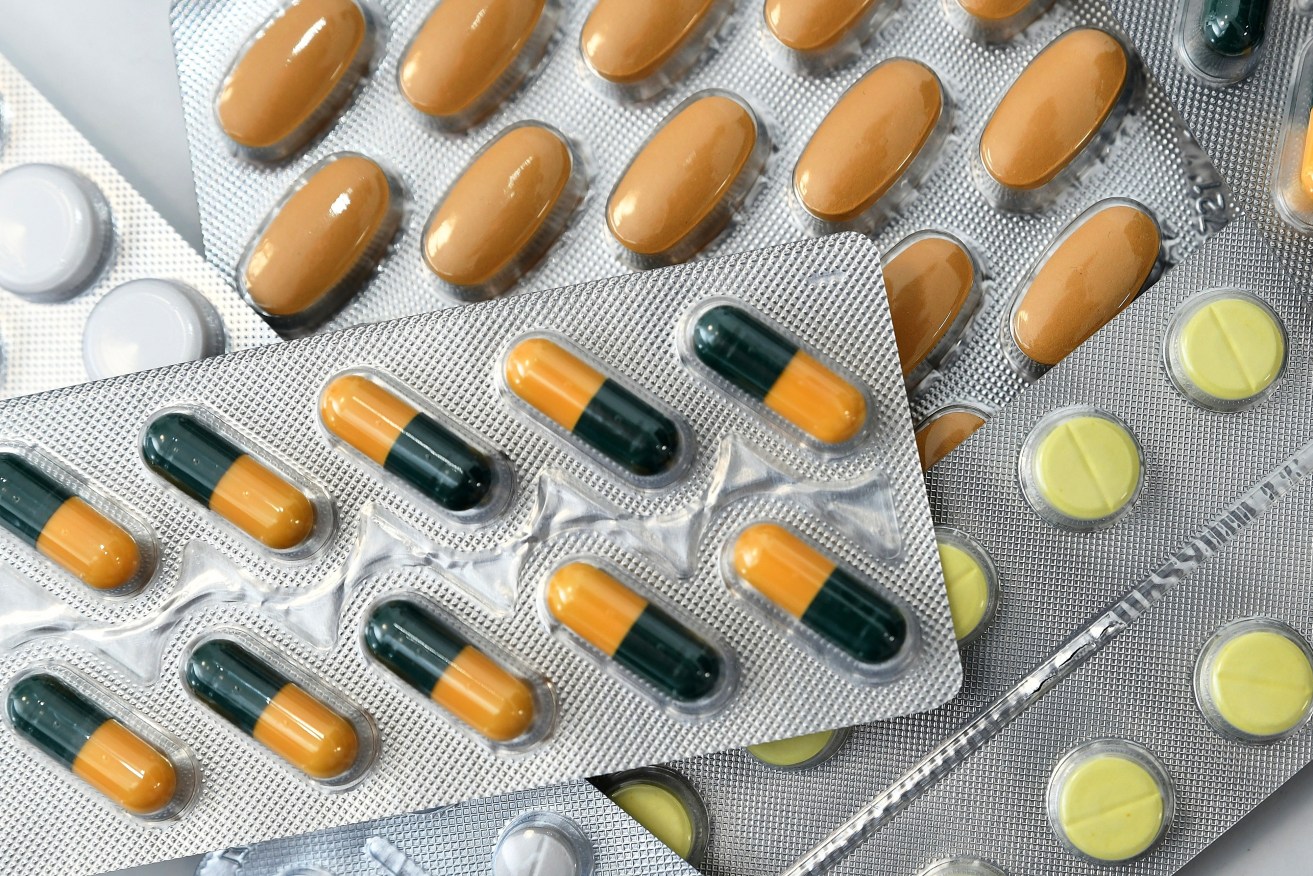Antibiotic resistance is making childhood and infant infections untreatable, with deadly results


A Pentagon report has criticised White House Medical Unit practices during the Trump administration. Photo: AAP
Common infections in babies and children — including pneumonia, sepsis and meningitis — are increasingly untreatable with antibiotics because of growing resistance.
Frequently used antibiotics, recommended by the World Health Organisation (WHO) as some of the first treatment options, now have less than 50 per cent effectiveness in treating childhood infections, according to a new study from the University of Sydney.
Dr Phoebe Williams, an infectious disease specialist and the report’s lead author, said there are hospitals in the Philippines where three out of four babies with sepsis die because of antibiotic-resistant infections.
“We have babies and children here in Australia that we really end up scratching our heads with because we’re not sure if we have anything to treat them with, or they end up getting a toxic combination of antibiotics,” she said.
“When I do a ward round in Manila and just see baby after baby after baby that you know is about to die with one of these drug-resistant infections and the impact it has on their family and the mourning mother, it’s horrible and really preventable.”
The WHO hasn’t updated its antibiotic treatment guidelines since 2013, and Williams said action needs to be taken before it is too late.
“South-east Asia is a very populous region and also one that many Australians travel to and from,” she said.
“We are starting to see more antibiotic-resistant infections in children, even in hospitals in Australia.”
The cause
The WHO has called antimicrobial resistance (AMR) “one of the biggest threats to global health, food security and development today,” and Williams said the issue is “well beyond just human medicine”.
“We’re seeing a huge amount of antibiotic use in agriculture and getting new science, we now know that a lot of even antibiotics in water sources can affect humans that way,” she said.
“There are some papers that show that consumption of chicken that had antibiotic-resistant bacteria can affect the humans that ate it. It’s a really broad problem that needs a real One Health approach with many sectors getting together.”
Animal production is one of the contributing sources to AMR, due to the large amount of antimicrobials used to prevent and treat disease, as well as for growth promotion in animals.

Antibiotic use in poultry has been found to increase the risk of AMR. Photo: Getty
Bacteria, viruses, fungi and parasites change over time and no longer respond to medicines, increasing the risk of disease spreading, severe illness and death.
Another factor is the over-prescription of antibiotics and people not finishing their prescribed course of treatment.
Grim warning
About 4.95 million deaths are associated with AMR each year, and a recent study found this will increase to 10 million people unless a global response is mounted.
In 2020, Dr Tedros Ghebreyesus, director-general of the WHO, said efforts to combat the spread of AMR must be accelerated.
“AMR is a slow tsunami that threatens to undo a century of medical progress,” he said.
“The current pipeline of new antibiotics is insufficient, with private investment shrinking and public investment unable to fully compensate.”
According to Williams, only four new antibiotics have been licensed for use on infants since 2001, compared to 40 for adults, because pharmaceutical companies are reluctant to do research for child and infant treatment.
“Unless we get access to those new agents for children and babies and more funding directed to finding new agents that can work in that age group, we’ll end up having nothing to treat them with,” she said.
“Just recently, we’ve had to use an off-licence adult antibiotic in a very sick baby here in Sydney because we have nothing left to treat that baby with.
“This is something that will become a more frequent problem unless we find a solution quickly.”








